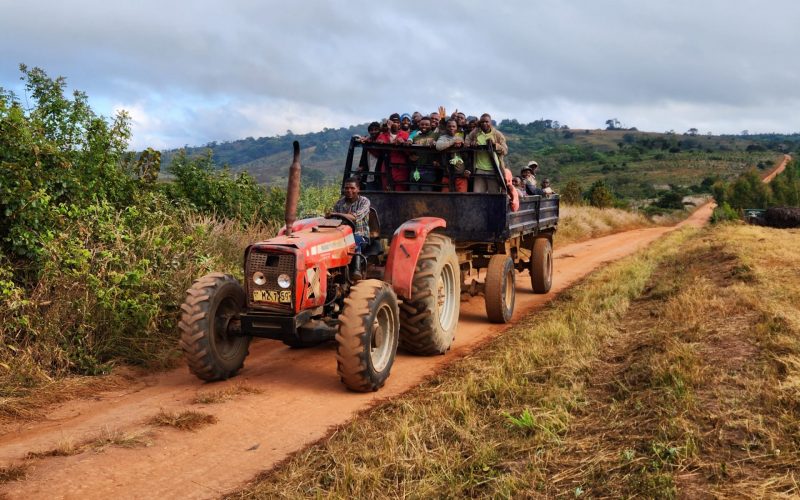With the entry into force of the Nagoya Protocol on Access to Genetic Resources and the Fair and Equitable Sharing of Benefits Arising from their Utilisation (Nagoya Protocol) an opportunity has arisen for countries to design an access and benefit-sharing (ABS) framework. This can promote the commercialisation of biological resources (biotrade) and provide legal certainty and transparency for the transfer of genetic resources. Although most biotrade businesses follow the core principles of sustainable biodiversity, there is lack of clarity about the application of ABS policy frameworks on biotrade businesses. The Nagoya Protocol aims to clarify key concepts, define the scope of ABS, and stipulate the responsibilities of user and provider countries of genetic resources. As a party to the protocol, Namibia has started developing comprehensive ABS legislation by leveraging its existing administrative and regulatory frameworks. The challenge for Namibia is to find a mutually supportive interrelation between ABS and biotrade, where the implementation of ABS and the promotion of biotrade can go hand in hand. Experiences in other African countries illustrate that the implementation of ABS frameworks is not without its challenges.
In South Africa, broader economic losses and further marginalisation of women and poor communities occurred when ABS regulations were applied to existing biotrade businesses. In order to avoid these kinds of unanticipated consequences, Namibia’s efforts to develop ABS legislation and set up institutional arrangements to support the implementation of the Nagoya Protocol require careful policy consideration. A significant step in the right direction is to understand the interface between biotrade and ABS, especially the positive interaction that should exist between the two, and to have an informed strategy that addresses this complex relationship. It is the objective of this exploratory study to offer an outline of the national policy context, the ABS development process and salient issues and the connections between biotrade and ABS in the era of the Convention on Biological Diversity and the Nagoya Protocol.








